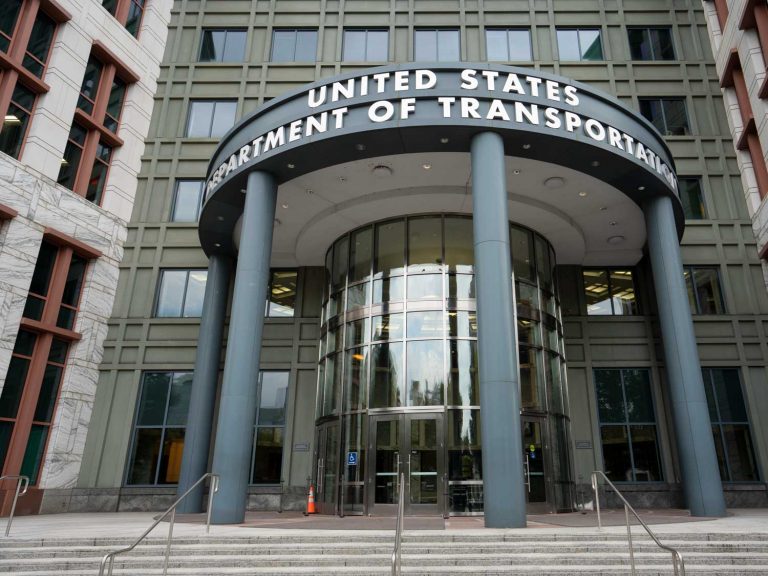
Date:
U.S. Shutdown Strains Supply Chains as Key Agencies Go Offline
As it enters its 3rd week the U.S. government shutdown is squeezing every part of the country’s trade and logistics ecosystem, with air traffic control, ports and customs all under strain. While some critical functions persist, the uncertainty is already slowing imports, exports and regulatory oversight, with shippers scrambling for workarounds.
When Congress failed to pass funding for the new fiscal year, roughly 900,000 federal employees were furloughed, while another 700,000 remained working without pay under “essential services” status. Agencies handling cargo inspections, agricultural exports, customs clearances, and aviation safety have been forced to scale back or suspend operations.
Among the hardest hit is the Federal Aviation Administration (FAA). Though flights continue, staffing gaps at control towers have led to lengthier delays and, in some cases, temporary closures. Air traffic controllers are being asked to continue working without pay, a situation already fuelling increased absences that further jeopardise flow.
Across U.S. seaports, cargo movement remains technically active, but growing friction is emerging. While U.S. Customs and Border Protection (CBP) has stated that it will continue tariff collections and core port entry functions, other agricultural certifications, regulatory and partner-agency bottlenecks may slow processing.
Those ports that are reliant on external agencies for sanitary inspections, agricultural checks, environmental clearances or supplementary certifications may see the greatest delays.
USTR has classified trade negotiation support, tariff administration and enforcement of trade agreements as national security relevant trade actions which are essential and continues to operate in that capacity.
Key Risks
- Regulatory and clearance bottlenecks. With agencies operating at reduced capacity, goods may stall at ports, borders, or customs checkpoints until funding resumes.
- Air-cargo delays intensify. Disruptions in air traffic control could cascade into longer handling times and rerouting risks for time-sensitive freight.
- Critical staffing stress. Essential personnel working unpaid risk exhaustion and attrition, which is precarious.
- Economic spillover. Delays ripple into production, inventory, and consumer markets, especially where just-in-time systems dominate.
- Shutdown resolution timeline. The longer the impasse endures, the sharper the pressure on Congress to return vital infrastructure back to full operation.
Our North American offices, customs brokerage network, and local support teams are closely coordinating with CBP and partner agencies to maintain cargo flow and eradicate clearance delays.
EMAIL Andrew Smith, Managing Director, today to discover how we can protect your success in the U.S.
